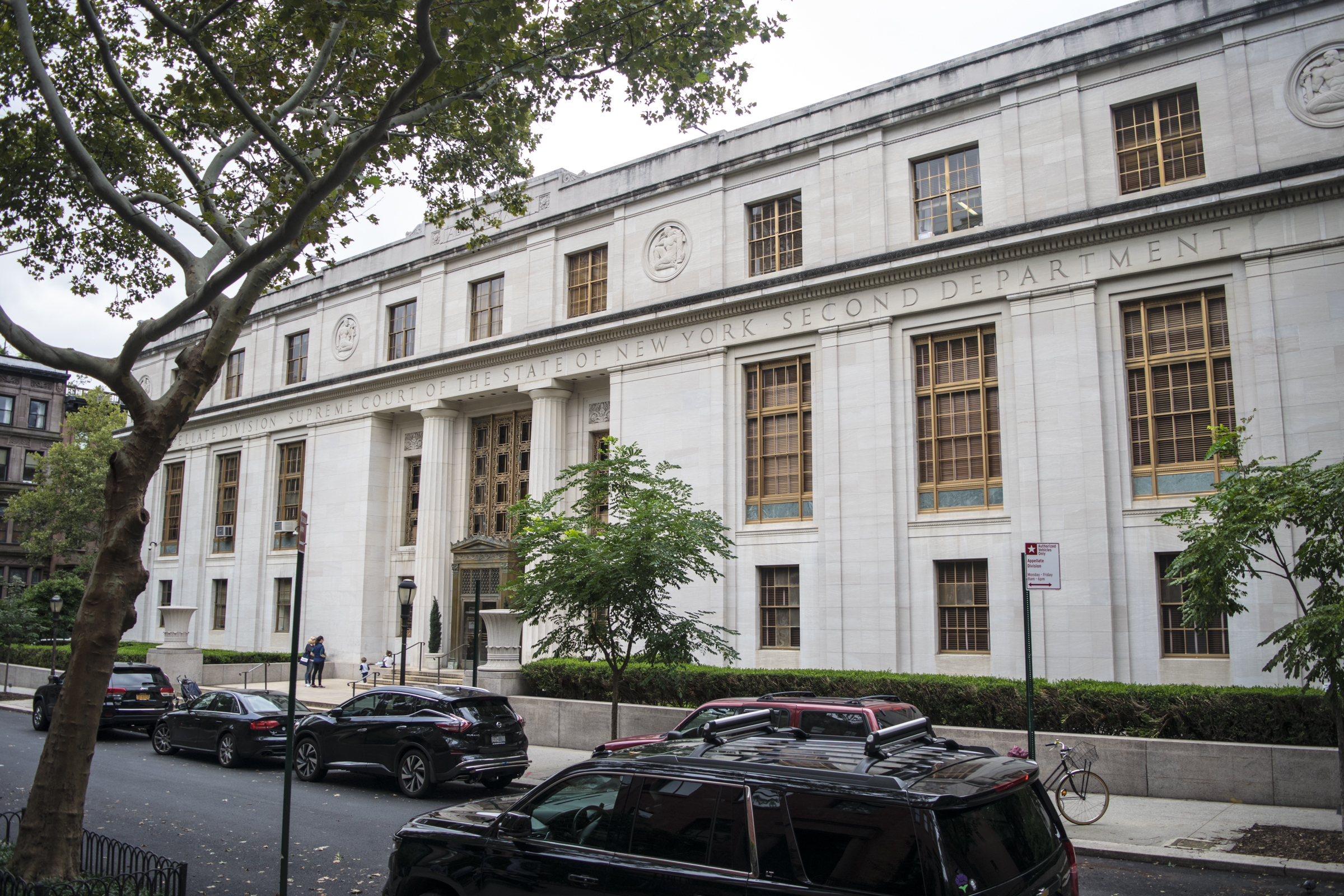March 22, 2024 Court Decisions

Photo: Rob Abruzzese/Brooklyn Eagle
Appellate Division reinstates jury demand in discrimination case against MTA
In a ruling on March 20, 2024, the Appellate Division, Second Judicial Department, reversed a lower court decision, affirming the right to a jury trial in a discrimination lawsuit brought by Michelle Blackman against the Metropolitan Transit Authority (MTA) and others. The original complaint, filed in Kings County Supreme Court (Index No. 502489/14), accused the MTA, along with specific employees, of employment discrimination under both New York State and New York City Human Rights Laws, focusing on claims related to discriminatory hiring and promotion practices.
The trial court, led by Justice Gina Abadi, had previously sided with the defendants’ argument, striking Blackman’s jury demand on the basis that her joining claims for legal and equitable relief constituted a waiver of her jury trial rights. This decision was challenged and successfully appealed, with the Appellate Division clarifying the importance of the complaint’s factual allegations over its prayer for relief in determining the right to a jury trial. The appellate court held that because Blackman’s suit primarily seeks monetary damages for alleged discrimination, any demand for equitable relief within her complaint does not waive her right to a jury trial.

Brooklyn Heights
View MoreRead the Brooklyn Height's Press and Cobble Hill News. Find out more about Brooklyn Height's History here.